How to Build a Sustainable E-Waste Recycling Program for Your Business
How to Build a Sustainable E-Waste Recycling Program for Your Business
Businesses rely heavily on electronic devices to function efficiently. However, this high-tech dependence brings with it an often-overlooked challenge—how to handle electronic waste (e-waste) responsibly. With environmental concerns growing globally, building a sustainable e-waste recycling program is no longer a luxury but a necessity for businesses.
This post will guide you through creating a robust e-waste recycling program for your organization.
Understanding the E-Waste Problem
E-waste refers to discarded electronic appliances such as computers, mobile phones, TVs, and printers. These items contain harmful substances like lead and mercury that pose significant environmental and health risks when not properly disposed of.
The World Economic Forum estimates that in 2022 alone, 62 million metric tons of e-waste were generated globally, highlighting the scale of the challenge.
Developing a sustainable approach to e-waste is crucial for mitigating these impacts. Businesses play a pivotal role, as they are significant contributors to electronic waste. By adopting responsible recycling practices, companies can significantly reduce their environmental footprint and promote a greener future.
Why Your Business Needs a Sustainable E-Waste Program
Implementing a sustainable e-waste recycling program brings numerous benefits to your business beyond environmental stewardship.
Firstly, it enhances your company’s reputation as an environmentally responsible organization, which can attract new customers and clients. Secondly, it ensures compliance with e-waste regulations, avoiding potential fines and legal issues. Lastly, it contributes to your corporate social responsibility goals, fostering a positive workplace culture.
Engaging in electronic recycling solutions also helps in resource conservation. Many electronic devices contain valuable materials such as gold and copper that can be recovered and reused, reducing the need for virgin resources. This approach not only conserves natural resources but also supports the circular economy, where products and materials are continually repurposed.
Assessing Your E-Waste Inventory
Before implementing an e-waste recycling program, it's essential to assess the volume and types of electronic waste your business generates. Start by conducting an inventory audit to identify all electronic devices currently in use, those that are obsolete, and those nearing the end of their lifecycle.
Categorize the equipment based on its condition and potential for reuse. Devices that are still functional might be eligible for refurbishment, while others may require safe disposal. Understanding your e-waste inventory will help tailor your recycling program to suit your specific needs, ensuring that all electronic waste is managed responsibly.
Setting Goals and Objectives
Clear goals and objectives are the foundation of any successful recycling program. Establish what you aim to achieve with your e-waste initiative. This could include reducing the overall volume of e-waste, increasing the percentage of recycled materials, or achieving specific sustainability certifications.
Set measurable targets and timelines to track your progress over time. This approach not only keeps the program on track but also demonstrates your commitment to stakeholders. Goals could range from reducing e-waste by 20% within a year to achieving zero electronic landfill contributions by 2025.
Partnering with Responsible Recycling Services
Choosing the right recycling partner is crucial for the success of your program. Look for providers offering comprehensive electronic recycling solutions that align with industry standards and best practices. It's essential to verify their certifications and ensure they follow environmentally sound recycling processes.
Partnering with local initiatives like Framingham recycle can enhance your program's effectiveness. These organizations are often well-versed in local regulations and can offer valuable resources and support. Collaborating with responsible recycling services ensures your e-waste is handled ethically and sustainably, minimizing environmental impact.
Educating Employees and Stakeholders
A successful e-waste recycling program requires buy-in from employees and stakeholders. Raise awareness about the importance of responsible e-waste management through training sessions and workshops. Educate your team on best practices for disposing of electronic waste and the environmental benefits of recycling.
Encourage employees to take an active role in the program by setting up designated e-waste collection points within the office. Recognize and reward efforts to promote participation and engagement. Effective communication and involvement of stakeholders foster a culture of sustainability within your organization.
Implementing a Collection System
Establishing a streamlined collection system is crucial for the efficient management of e-waste. Create easily accessible drop-off points for employees to dispose of their electronic devices. Ensure these stations are clearly marked and located in convenient areas.
Schedule regular collection drives to gather e-waste from various departments. Collaborate with your recycling partner to organize transport and disposal. Implement a tracking system to monitor the volume of e-waste collected and report on program performance.
Ensuring Data Security
Data security is a significant concern when recycling electronic devices, as they often contain sensitive information. Ensure data is securely erased from all devices before recycling. Partner with a recycling service that offers certified data destruction to guarantee your business information remains confidential.
Implement strict data management protocols and educate employees on secure data handling practices. By prioritizing data security, you protect your business from potential breaches and maintain trust with clients and stakeholders.
Evaluating and Reporting Progress
Regular evaluation and reporting are essential to keep your e-waste recycling program on track. Conduct periodic assessments to measure progress against your goals and identify areas for improvement. Use key performance indicators (KPIs) to quantify success and demonstrate the program's impact.
Share progress reports with employees, stakeholders, and customers to showcase your commitment to sustainability. Transparency fosters trust and encourages continued support for your initiative. Celebrate milestones and achievements to maintain enthusiasm and momentum.
Leveraging Technology for Improvement
Technology can enhance the efficiency and effectiveness of your e-waste recycling program. Consider using software solutions to track and manage your e-waste inventory. These tools can automate processes, provide detailed analytics, and streamline reporting.
Explore emerging technologies in recycling to stay ahead of industry trends. Innovations such as blockchain for traceability and AI for sorting e-waste offer exciting opportunities to improve your program. Staying informed about advancements ensures your business remains a leader in sustainable practices.
Encouraging Community Involvement
Community involvement can amplify the impact of your e-waste recycling program. Engage with local organizations, schools, and businesses to promote responsible recycling practices. Organize e-waste collection events open to the public to encourage broader participation.
Collaborate with community partners to raise awareness and educate residents about the importance of e-waste recycling in Massachusetts. By extending your efforts beyond the business, you contribute to a larger collective impact, fostering a culture of sustainability in your community.
The Future of E-Waste Recycling
The landscape of e-waste recycling is continuously evolving, driven by technological advancements and changing regulations. Staying informed about these trends positions your business to adapt and thrive. Keep an eye on developments in recycling technologies and emerging regulations to ensure compliance and innovation.
Participate in industry forums and networks to exchange knowledge and best practices with other organizations. By remaining proactive and engaged, your business can continue to lead in sustainable e-waste management and contribute to a more sustainable future.
Conclusion
Building a sustainable e-waste recycling program for your business is a vital step towards environmental responsibility and corporate success. By understanding the e-waste problem, setting clear goals, partnering with responsible recycling services, and engaging stakeholders, you can create a robust and effective program.
Remember, your efforts extend beyond the business, influencing employees, stakeholders, and the wider community. By championing sustainability, you not only enhance your brand reputation but also contribute to a cleaner and greener planet for future generations. Take the first step today and explore responsible recycling services and electronic recycling solutions to make a positive impact on the environment.
Ready to recycle your e-waste responsibly?
At Data Shredder Corporation in Massachusetts, we understand how crucial it is to destroy sensitive data securely and recycle e-waste. We provide top-notch hard drive data destruction, shredding, and electronics recycling services in Massachusetts, ensuring your peace of mind while benefiting the planet's health.
Your trust is our top priority, and we're dedicated to safeguarding your information with our certified, dependable solutions. Before a security breach even whispers your name, give us a call at(508) 978-5198 or fill out our
contact form.
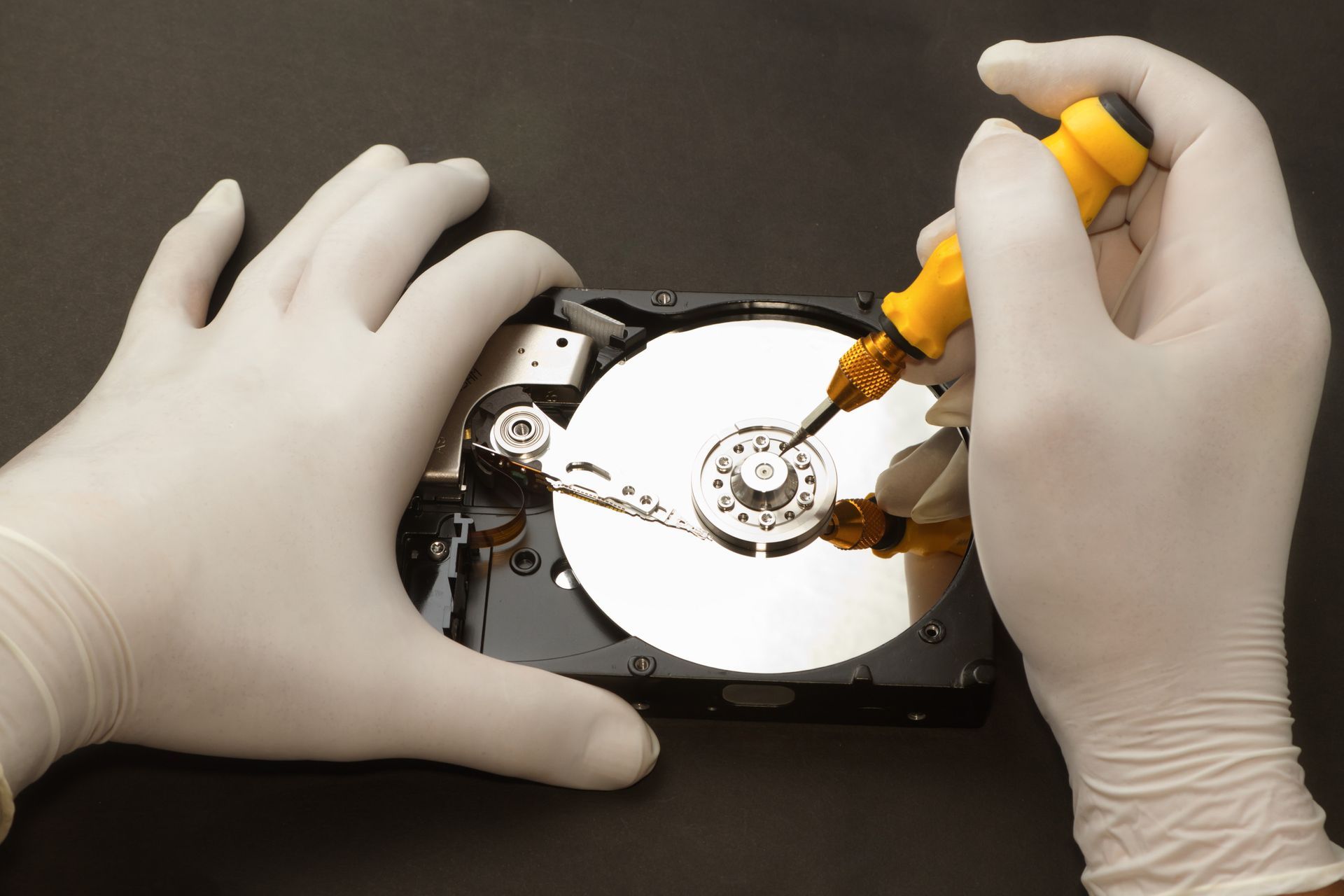


Contact Us
40 School Street, 2nd Floor
Framingham, MA 01701
Email: service@datashredder.net
Business Hours
- Mon - Fri
- -
- Sat - Sun
- Closed


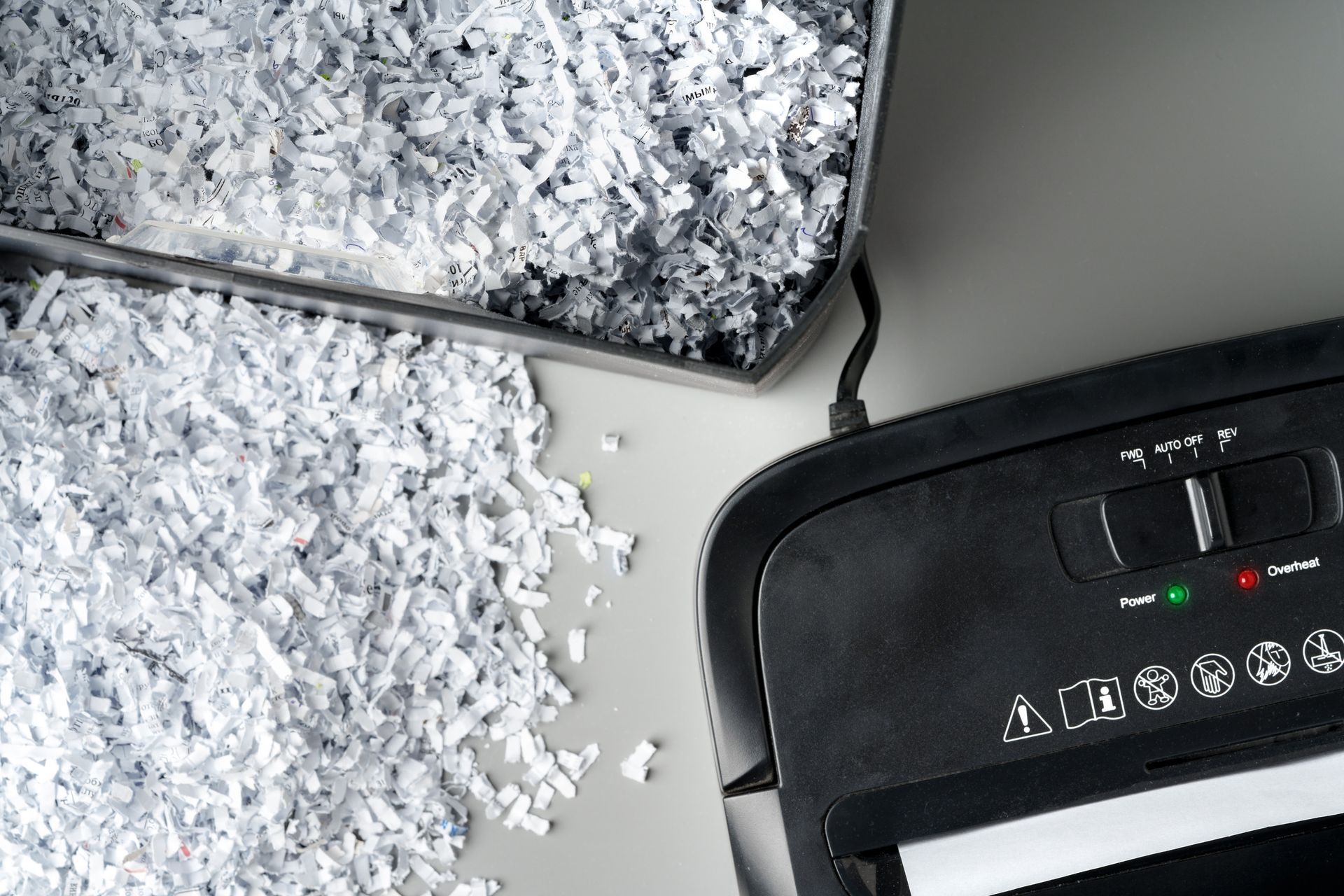
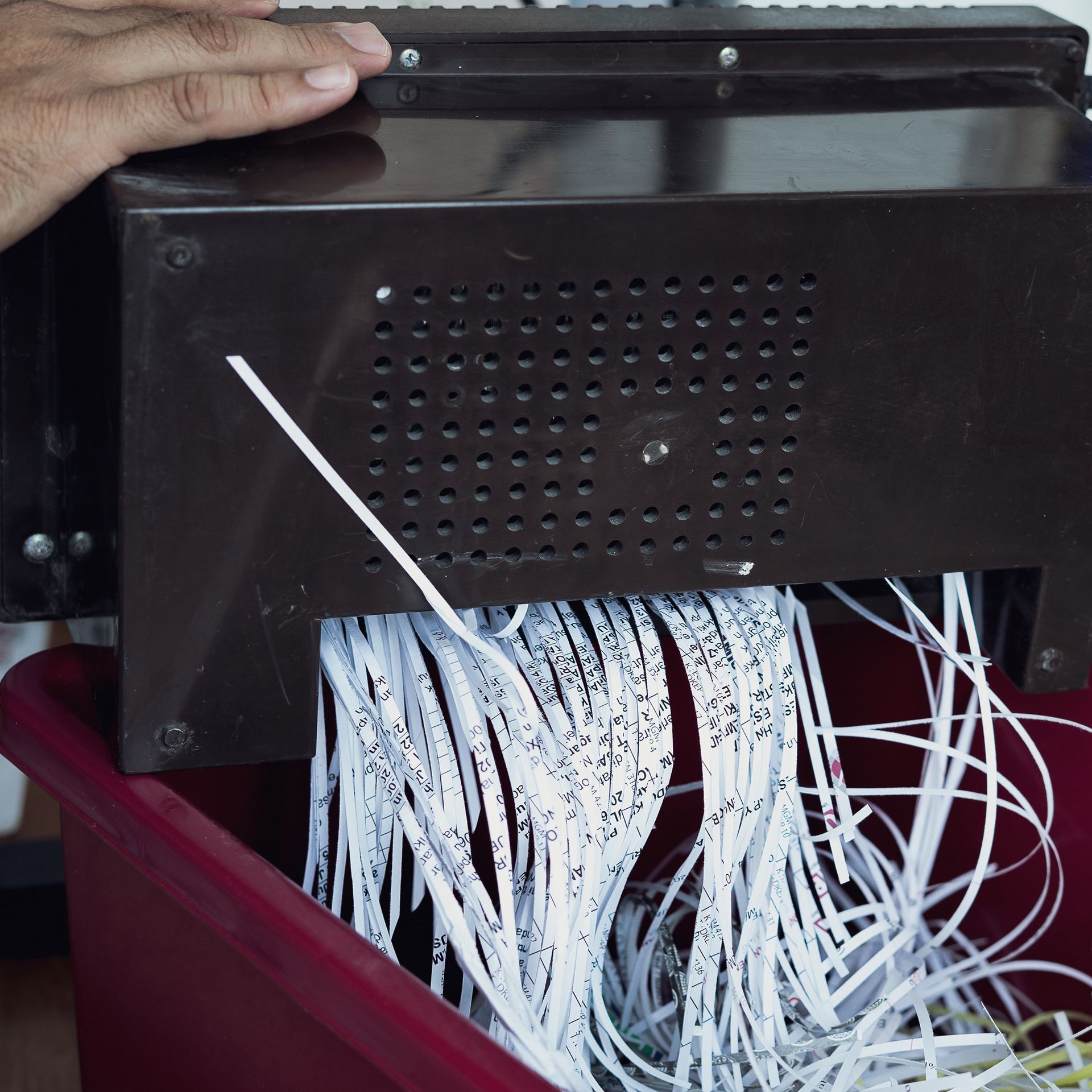
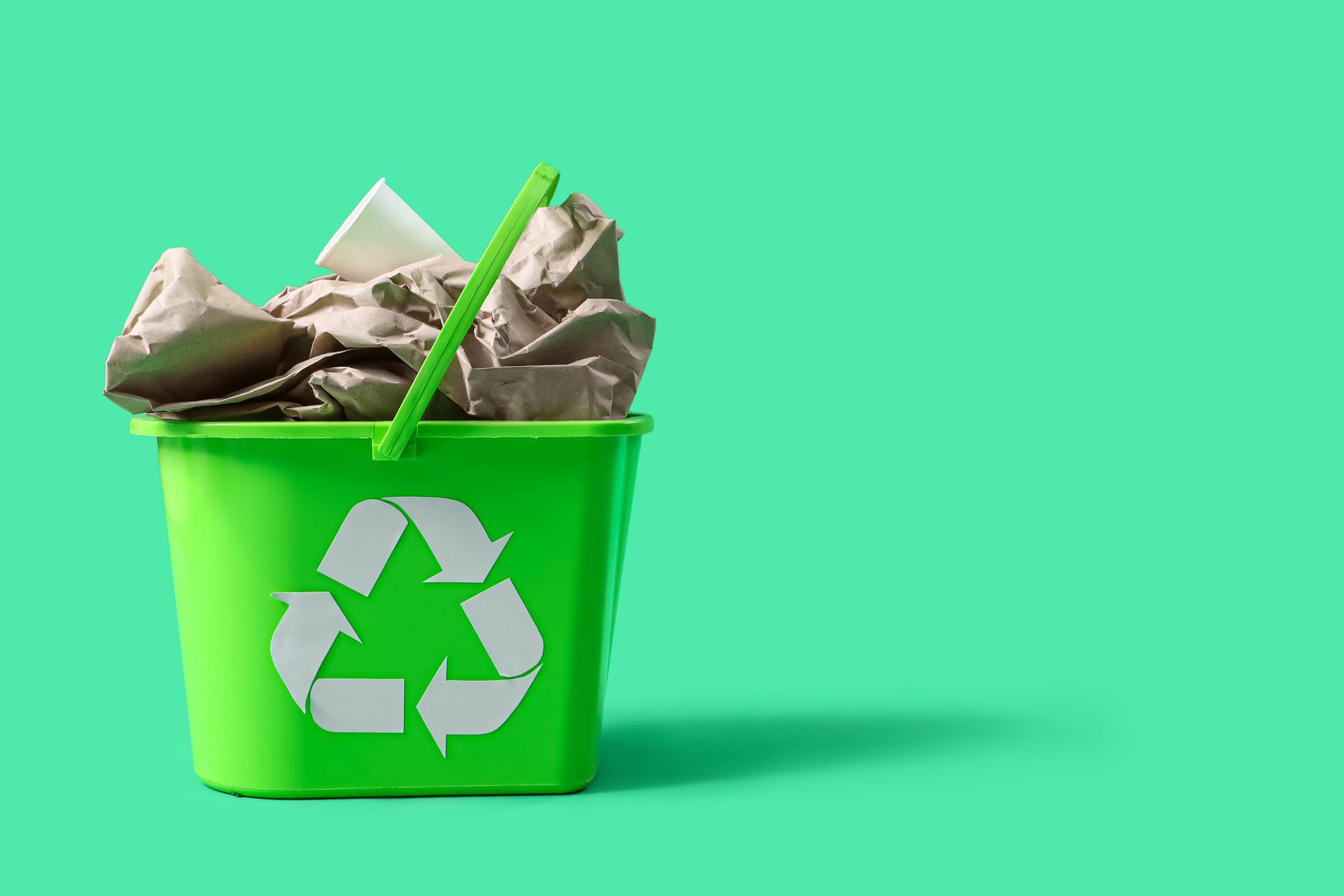
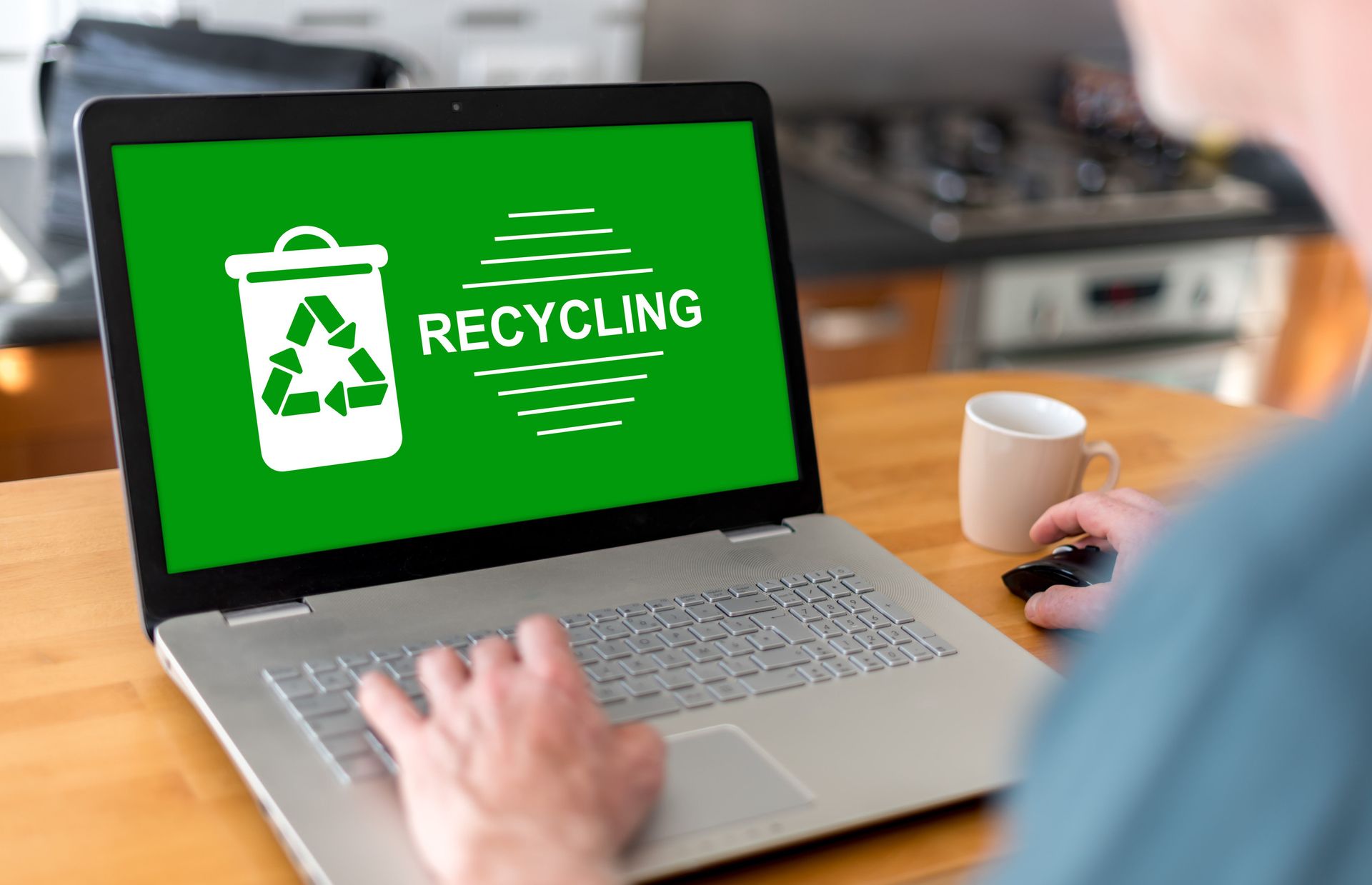
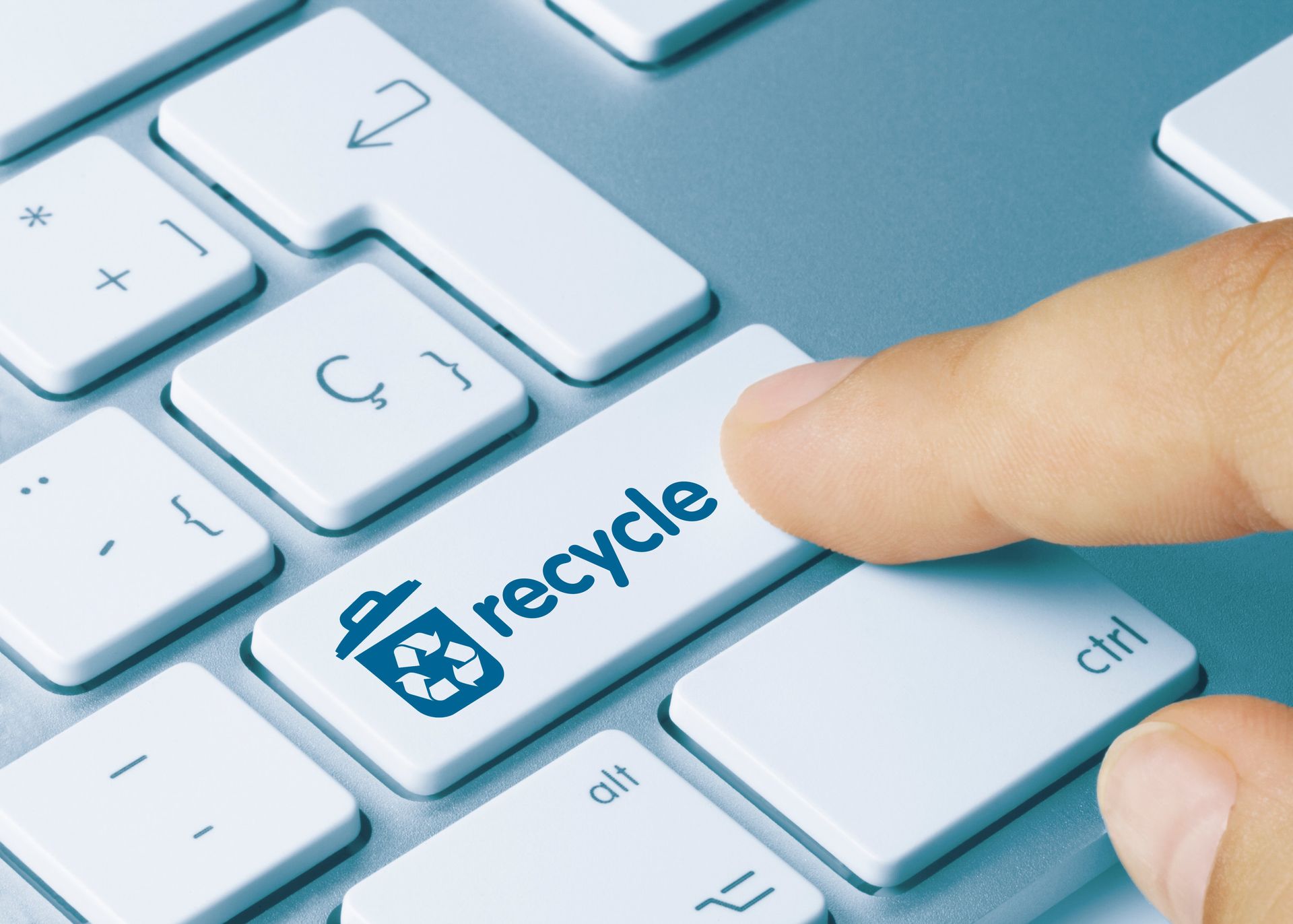
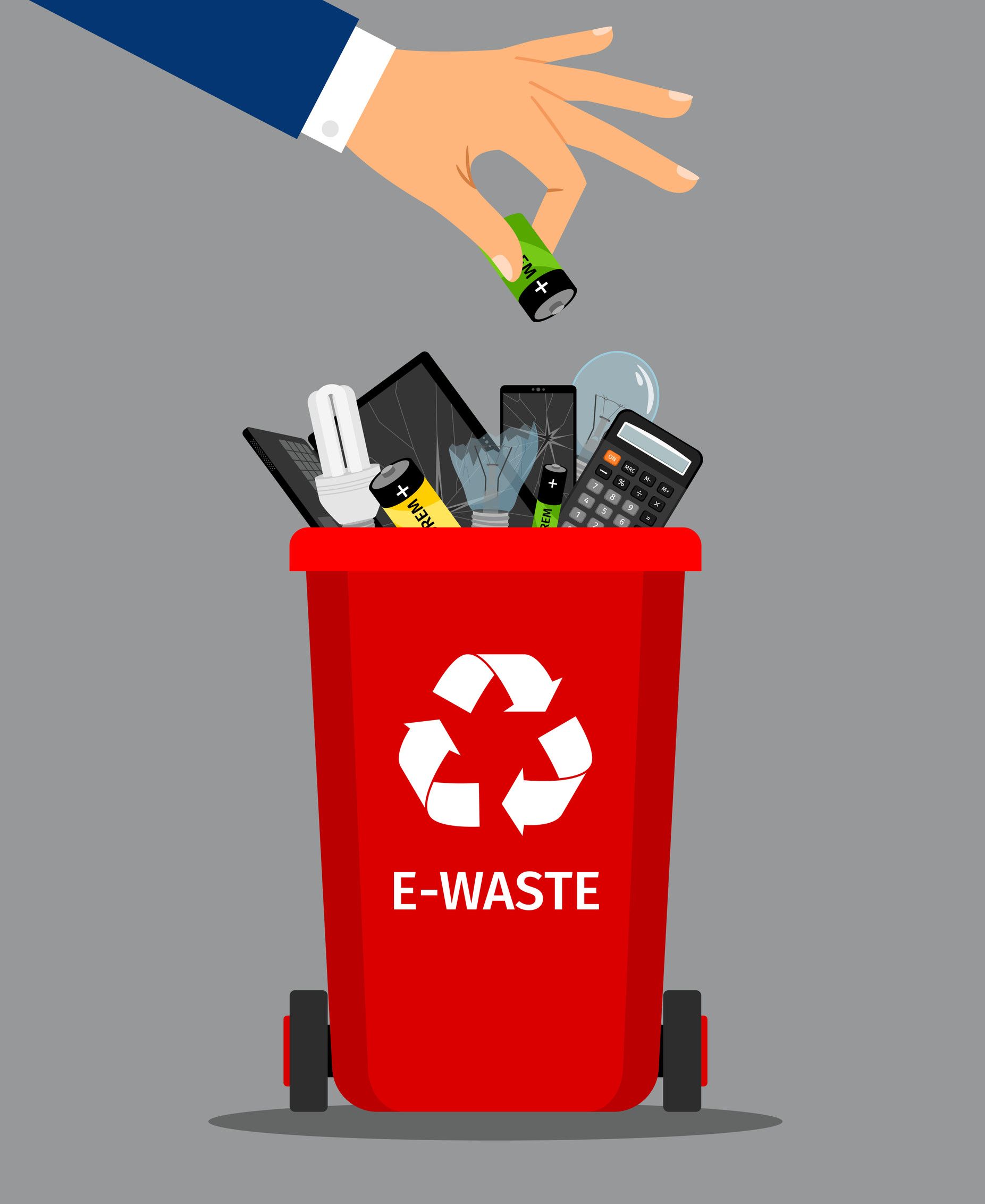
Share On: